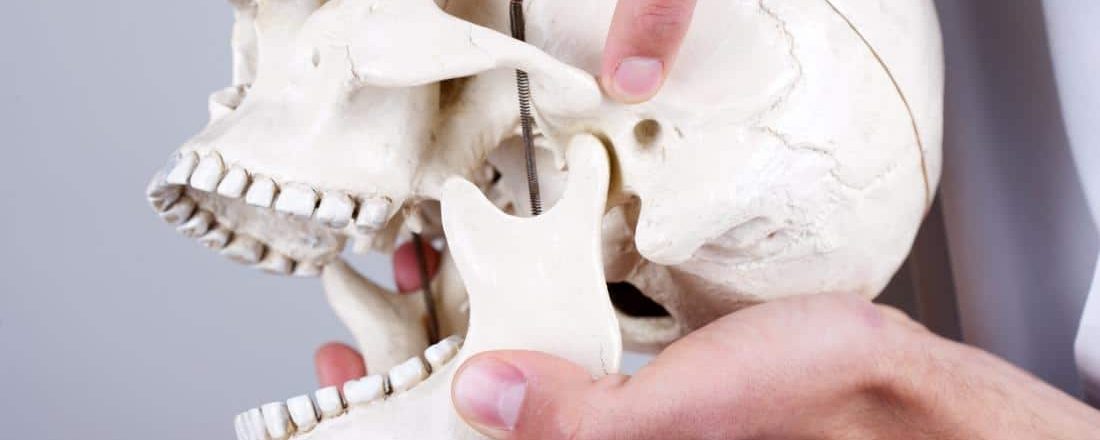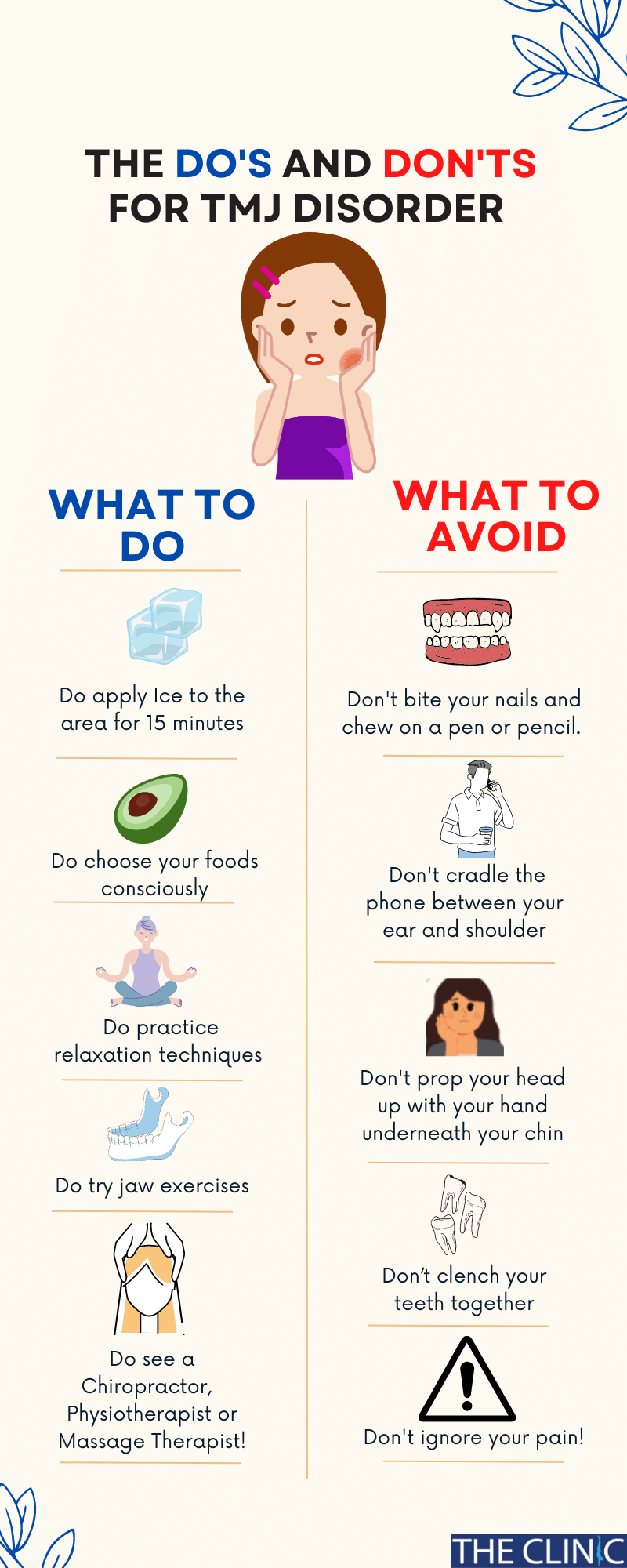Can Chiropractic Care Help My TMJ?
One of the most common questions that I get is “ Can a chiropractor help me with my jaw pain or TMJ?”
The answer, believe it or not, is YES! Not only can chiropractors treat jaw pain (TMJ), but they can actually find the root cause of the pain and provide exercises that can help you manage your pain at home.
But is your jaw pain really TMJ?
Temporomandibular Joint Disorder or commonly known as TMJ Disorder, is a condition where your temporomandibular joint (which is what connects your mandible to your skull) produces pain due to either an acute or chronic inflammatory dysfunction. People who suffer from TMJ, commonly experience popping sounds, pain, lockjaw and constant discomfort in their jaws. Other commonly experienced symptoms are:
- Ear pain
- Headaches
- Neck pain
- Jaw pain or soreness when biting or chewing
- Difficulty opening and closing the mouth
- Tinnitus
- Dizziness
- Sensitive teeth when no other dental problems exist.
If you are experiencing any of the above symptoms, then maybe it’s time to get your jaw checked out.
What causes TMJ?
TMJ is very common among younger people. The causes could include:
- Direct injury/ trauma to the jaw
- Teeth grinding
- Nail biting
- Degenerative joint diseases like arthritis
- Infections
- Autoimmune diseases
How can a Chiropractor help with TMJ?
A common question I get is if I will be using a chiropractic adjustment to ease the TMJ pain? While chiropractic adjustments can be used to correct the misalignment between the spine and nervous system, relax the muscles, adjust the joint, and reposition the jaw, it is not the only treatment modality that could be used.
Chiropractic care treatments for TMJ could vary on a patient to patient basis. Your chiropractor would start by doing a thorough assessment in order to figure out the root cause of the TMJ and to come up with a proper treatment plan.
In practice, chiropractors use a variety of treatment modalities to care for TMJ pain such as mobilizations, spinal manipulation, patient education, physical therapy modalities (including acupuncture), strengthening and stretching exercises, soft tissue therapies and massage.
If you would like to know more about how we can stop your jaw from affecting your day-to-day life, click here to contact us today.
Reference
Effect of Manual Therapy and Therapeutic Exercise Applied to the Cervical Region on Pain and Pressure Pain Sensitivity in Patients with Temporomandibular Disorders: A Systematic Review and Meta-analysis;
La Touche R., Garcia SM., Garcia BS., et al. Pain Medicine 2020 (in press); doi: 10.1093/pm/pnaa021


